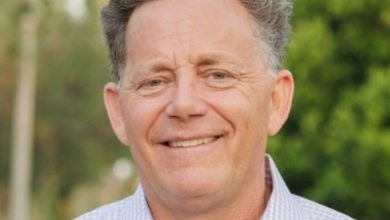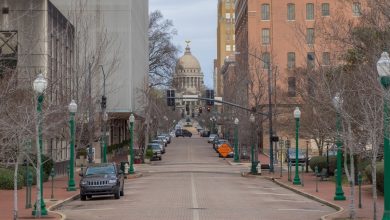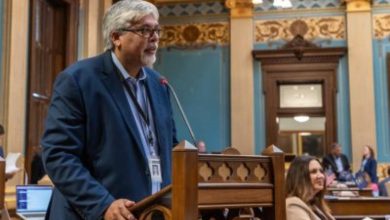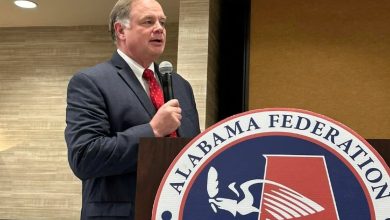Puerto Rico Playing Laws Advances, Seeks Income to Fill Fiscal Gap
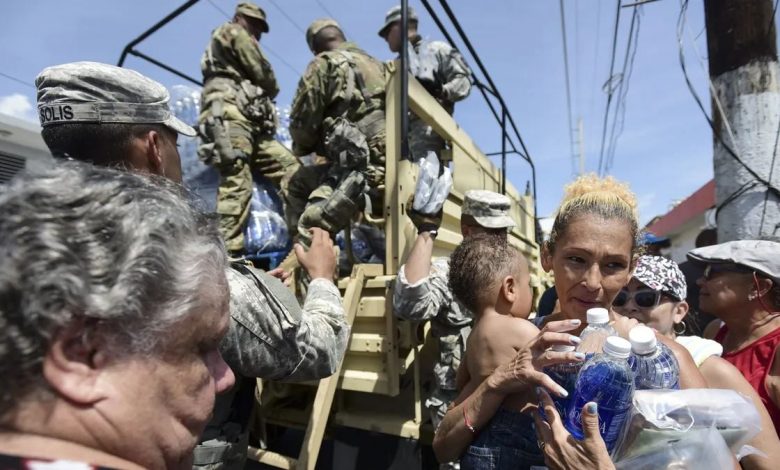
Puerto Rico has confronted plenty of monetary difficulties in recent times. Now, because it struggles to seek out financial stability, a brand new period of gaming could possibly be coming to ease the pressure.
Puerto Ricans gather donated provides within the wake of Hurricane Fiona. The US territory will replace its gaming legal guidelines in an effort to seek out better fiscal autonomy within the wake of repeated financial troubles. (Picture: Related Press)
The Home accepted laws yesterday that seeks to amend numerous sections of Puerto Rico’s “Regulation of Gaming Machines.” The aim is to lift extra funds for the Treasury, in addition to to subsidize plenty of authorities initiatives which have confronted cuts.
Home lawmakers addressed the invoice throughout their regular session, lastly voting on it on Tuesday night time. It discovered overwhelming help, with 33 votes in favor and simply 10 in opposition to.
Extra Gaming, Extra Charges
The legislative piece, whose authors are Representatives José Rivera Madera and Orlando Aponte Rosario, establishes a brand new quantity for the charges payable for sure gaming licenses. It can additionally create new scales for the acquisition of licenses and fluctuate the distribution of income from the trade.
The challenge will improve treasury funds within the midst of the financial disaster attributable to the COVID-19 pandemic. The state of affairs was moreover impacted by a number of hurricanes that tore by way of the island up to now few years.
The proposed amendments assure that Puerto Rico’s small- and medium-sized enterprises (SME) can proceed to supply leisure with out unfair competitors. The laws additionally particularly permits for the allocation of a proportion of the income to civil service. On this regard, from every license paid, the Gaming Fee will retain $175 for its working bills. One other $75 will go to the Puerto Rico Police Retirement (PRPR) compensation.
The quantity for land-based gaming machine licenses is $1,500, and in accordance with the provisions of Part 8 of the legislation, the PRPR will obtain $450 of the whole. The fee will hold the remaining for working bills.
Likewise, the laws authorizes the usage of gaming machines in government-approved companies. In flip, it validates a most of 25K land-based gaming machines within the US territory in the course of the first two years of this legislation’s validity. That may then improve to 35K and, with approval, probably 45K.
The price of every new license or renewal of gaming machines will likely be $250 per yr. The utmost variety of gaming machines allowed per enterprise will likely be 10, with an enormous caveat. Every display screen counts as one gaming machine, even if the identical gaming machine has a number of screens.
Lengthy Street to Restoration
5 years in the past, Hurricane Maria slammed into Puerto Rico, devastating the island. Prolonged energy outages and lack of recent water plagued totally different components of the territory for greater than a yr. That was a yr after the territory reported $72 billion in debt and $55 billion in pension liabilities it couldn’t cowl.
The US authorities stepped in, able to bail out the federal government. Nevertheless, COVID-19 arrived, impacting tourism and native enterprise, and forcing coverage adjustments.
Finally, the monetary help started to repay. Nevertheless, simply as Puerto Rico was beginning to emerge and get better from that, Hurricane Fiona hit final month. As soon as once more, energy outages and water shortages arrived.
At this time, 10% of the individuals are nonetheless with out energy, and 5% don’t have recent water, in response to Federal Emergency Administration Company.
Though the US authorities has as soon as once more promised to supply monetary help, it doesn’t go very far. The Monetary Oversight and Administration Board solely permits Puerto Rico to attract as much as $1.15 billion a yr. As such, and with the continued blows to the financial system, it must discover a method to offset the remaining fiscal shortcomings.


